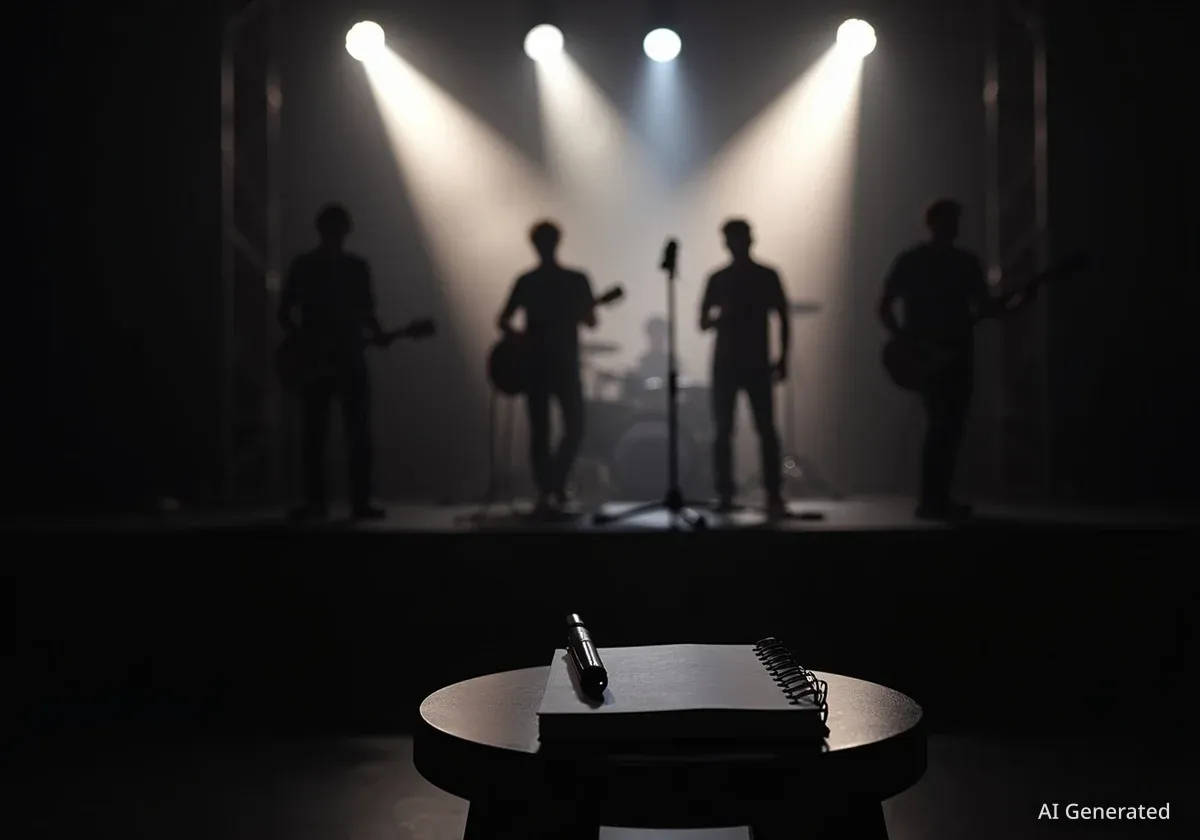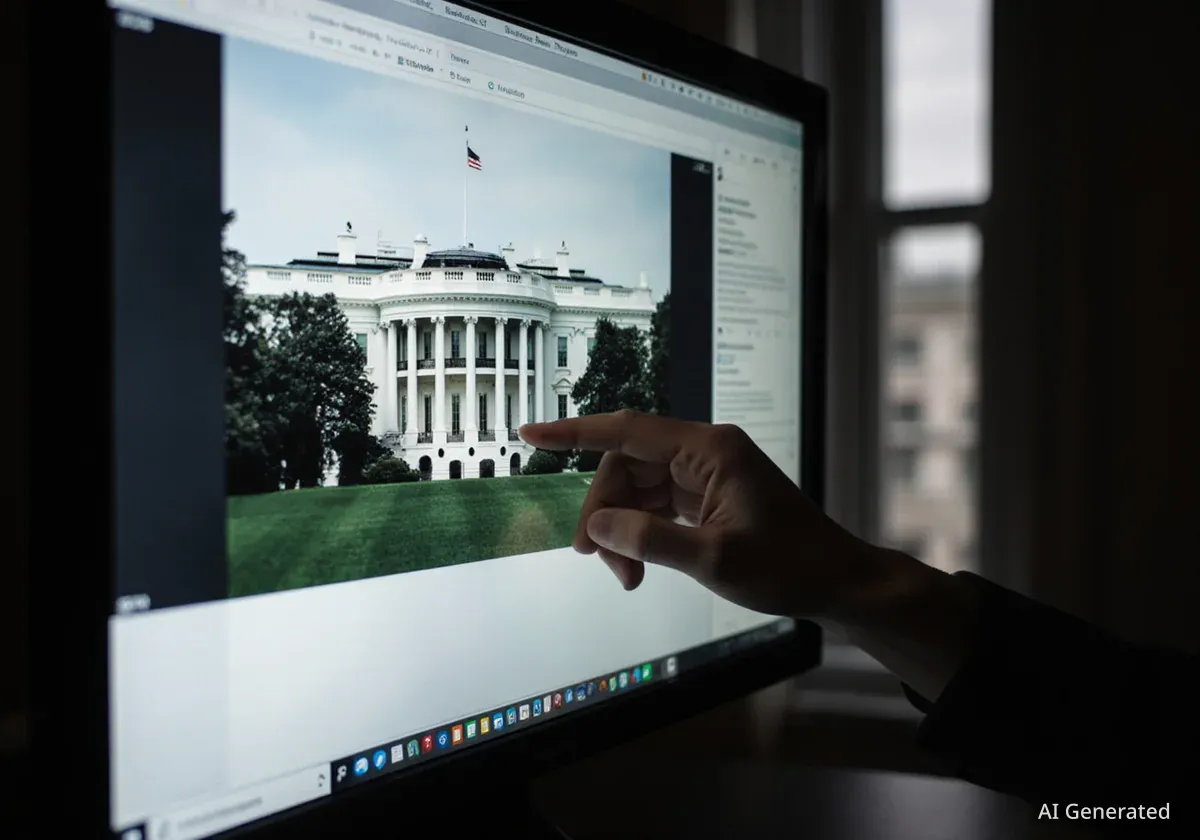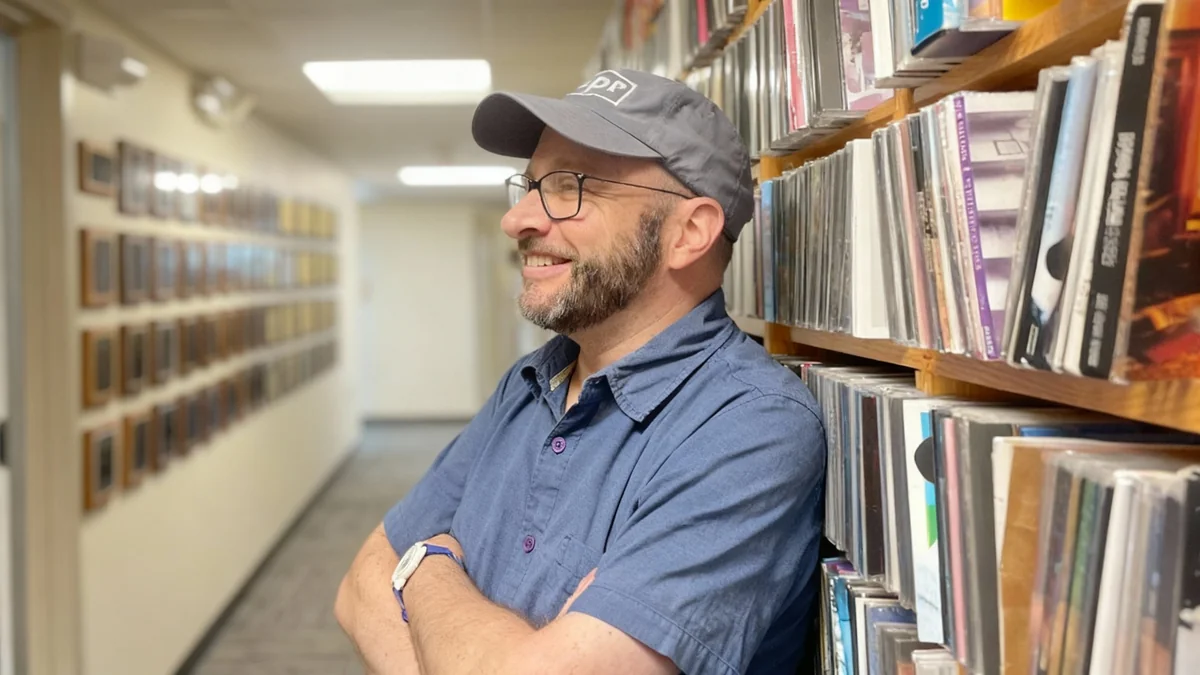Journalist and filmmaker Cameron Crowe has detailed his pivotal 1973 road trip with Led Zeppelin, an experience that led to a rare interview for Rolling Stone magazine. This account, extracted from his new memoir, highlights how a young Crowe navigated the band's notorious mystique to secure an exclusive cover story.
Key Takeaways
- Cameron Crowe secured a Led Zeppelin interview for Rolling Stone in 1973.
- The band, especially Jimmy Page, was known for avoiding media.
- Crowe's road trip with Zeppelin was counted as college credit.
- The breakthrough interview with Jimmy Page happened on the band's plane, the Starship.
- The resulting article became one of Rolling Stone's most successful issues.
Early Encounters and Band Mystique
Led Zeppelin maintained a distinctive aura of secrecy and power. Unlike many contemporary bands, they rarely gave interviews. This created a significant challenge for journalists. The band held a known dislike for Rolling Stone magazine, a sentiment rumored to stem from a personal dispute between Jimmy Page and co-founder Jann Wenner, along with the magazine's negative review of their first album.
Crowe had previously interviewed Led Zeppelin for the Los Angeles Times. This initial interaction provided him with an entry point. Two years later, as the band prepared to release their album Physical Graffiti, publicist Danny Goldberg invited Crowe to join them on tour. Goldberg was also an executive at Swan Song, the band's new record label.
Fact: Led Zeppelin's First Album Review
Rolling Stone famously gave Led Zeppelin's debut album a negative review, contributing to the band's long-standing animosity towards the publication. This made securing a cover story for the magazine a particularly challenging task.
The Strategy for a Rolling Stone Cover
The main obstacle to a Rolling Stone cover story was Jimmy Page, the band's founder and guitarist. Crowe developed a strategy to approach the other band members first. The idea was that if Page still refused, lead singer Robert Plant would appear on the cover alone. This prospect, Crowe hoped, would encourage Page to agree to a group photograph, or at least participate in the interview process.
Back in San Francisco, Rolling Stone editor Ben Fong-Torres supported Crowe's plan. He called daily for updates on the progress. Meanwhile, Crowe was extending his time away from home. He was also missing commitments at San Diego City College. He managed to convince his journalism teacher to count the road trip with Led Zeppelin as a class credit.
"Rock stars would be like, Yeah, bring the kid in." - Cameron Crowe, reflecting on his early access as a young journalist.
Life on the Road: Chicago and Beyond
After their performances, the band would return to the Ambassador hotel in Chicago. From there, they would often go clubbing. To avoid enthusiastic fans, Richard Cole, the band's road manager, frequently took them to a nearby gay bar. This became a regular tradition throughout much of the tour.
Fans searching the streets for the band never realized that Jimmy Page and Robert Plant were often dancing undisturbed to music by artists like Gloria Gaynor or the Average White Band. Crowe himself used these moments to gather information. He often slipped into bathrooms to make notes on small pieces of paper, amidst the sounds of other patrons.
Crowe's interview with Robert Plant proceeded as planned. Plant demonstrated extensive musical knowledge, impressing Crowe with his taste. Their conversation about Led Zeppelin was open and humorous. After turning off his cassette recorder, Crowe felt confident about the interview's success.
Context: The Starship Plane
Led Zeppelin famously toured in a private Boeing 720 jet, customized and nicknamed "The Starship." This luxurious aircraft allowed the band to travel in privacy and comfort, further contributing to their mystique and separation from the public.
Page's Resistance and the Breakthrough
As the tour progressed, Page remained friendly but distant in Indianapolis. Each concert seemed to surpass the last, with audiences immediately embracing new songs like "Ten Years Gone" and "Kashmir." By Greensboro, Page began to ignore Crowe. The next night, he seemed to look through him entirely. Page had realized that everyone else in the band had spoken to Crowe for the potential Rolling Stone feature.
Time was running out for Crowe. His parents were increasingly concerned about his prolonged absence. He had been on the road with Led Zeppelin for more than 10 days. The crucial moment arrived somewhere over Kansas, aboard the band's plane, the Starship. Crowe decided to approach Page directly.
"Why should I?" Page immediately responded. As the band's founder and primary creative force, Page deeply valued mystique and respect. He reminded Crowe of the magazine's negative review of their first album. "When I needed the magazine, they gave us a terrible review," he stated. "Now they need me, and I don't need them. Why should I? For Jann Wenner? Never."
Crowe's Persuasion and the Unexpected Turn
Crowe persisted, emphasizing his personal belief in the band. "I'm not Jann Wenner," he explained. "I believe in the band. Let me tell the whole story for the fans." As he outlined his plan, Page listened. Crowe continued talking, even following Page as he prepared and ate cereal.
"This is your chance to speak directly to the fans, and I will not let the magazine touch a word," Crowe argued. He also addressed the bad reviews directly. "If I bought records according to what Rolling Stone gave good reviews to, I'd have the worst record collection of anybody I know." This remark resonated with Page. He laughed sharply, showing appreciation.
Page then made an unexpected comment. "Well if Joe Walsh trusts you," he said, referring to the Eagles' guitarist, singer, and songwriter, "then I should too." Crowe was surprised. Page then stated, "We'll do the interview in New York." Page turned away, and Crowe noticed a hint of mischief. He wondered if he had achieved an extraordinary victory or was about to become part of a joke.
The New York Interview and Lasting Impact
The interview was scheduled for later that night. Crowe rode the elevator to Page's hotel room, tape recorder in hand. Page opened the door, dressed in his stage clothes: loose black satin trousers and a matching black cowboy shirt. He looked somewhat disheveled as he led Crowe into a large, three-room suite.
In the center of the main room stood a film projector. Page explained that filmmaker Kenneth Anger was coming to show him his latest film, Lucifer Rising. Page had been asked to compose the film's score. Before Anger's arrival, Page suggested they listen to one of Crowe's cassette tapes. It was a rare interview with Joni Mitchell, one of Page's favorite artists.
Anger arrived, bringing the latest cut of Lucifer Rising. Crowe sat next to Anger, the well-known occultist, as the film was projected against the hotel suite wall. After Anger left, Crowe and Page returned to the Joni Mitchell tape. They listened until two in the morning before starting the interview. Page's earlier animosity towards the magazine was gone.
Page shared details about his childhood, information he had never revealed before. He spoke about his feelings regarding Plant, the tour, the band, and himself. He confessed that he had never expected to live past 30. Yet, he was now two years beyond that age, alive, thoughtful, and feeling lonely in New York City. He mused about flying back to Los Angeles the next day to see a girl he missed. He ended the conversation poetically, saying, "I'm just looking for an angel with a broken wing..." After the powerful discussion, Page asked to borrow the Joni Mitchell tape. Crowe never saw it again.
Did You Know?
Cameron Crowe's experience as a young music journalist, including his time with Led Zeppelin, heavily influenced his acclaimed 2000 film Almost Famous, which tells the story of a teenage journalist touring with a rock band.
A Resounding Success
The article was quickly prepared for publication. The issue featuring Crowe's interview became one of Rolling Stone's most successful ever. Weeks later, editor Ben Fong-Torres sent Crowe a box filled with letters from fans. These letters poured in from around the world, expressing fantasies, questions, stories, and thanks for the interview.
Rolling Stone had finally embraced Led Zeppelin, albeit late in their career. The response from fans demonstrated a "whole lotta love" for the band and the unique insight provided by Crowe's piece. The memoir, The Uncool by Cameron Crowe, offers further reflections on this and other career-defining moments.




